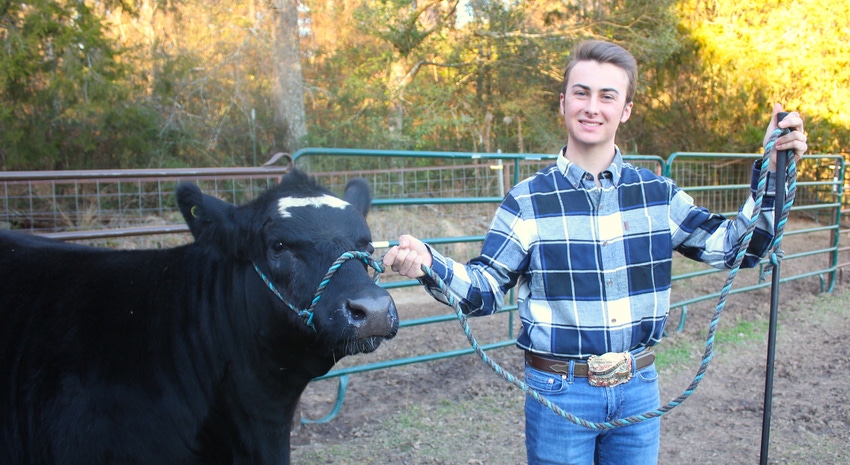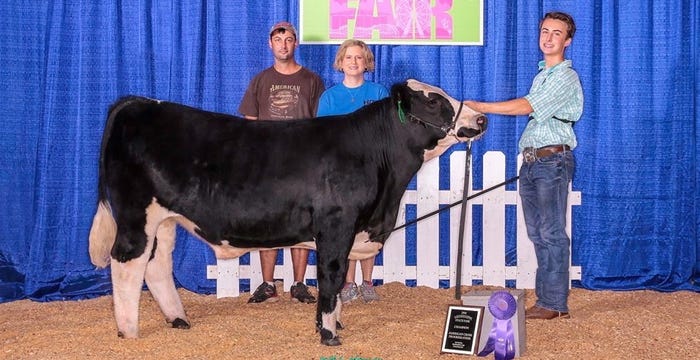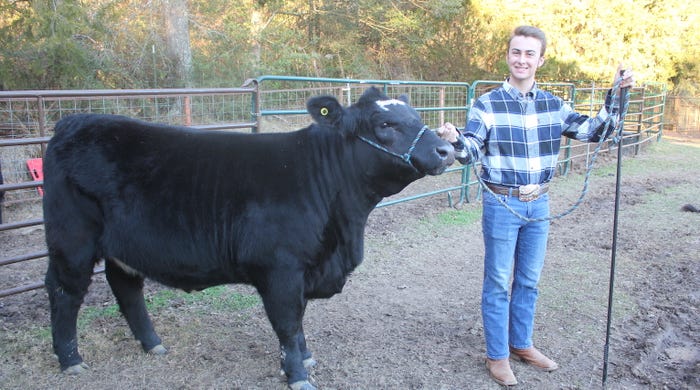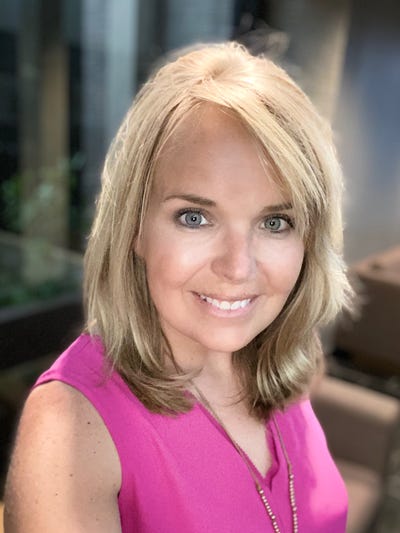
Jace Welborn insists his love for showing livestock is not just about the ribbons and plaques, although this 19-year-old from Jasper County, Miss. has certainly accumulated a great deal of them.
Four times in the last six years his entries have won the title Supreme Commercial Heifer at the Dixie National Junior Roundup Livestock Shows, a showcase for Mississippi 4-H and FFA livestock programs. He’s had multiple Grand Champion and Reserve Grand Champion heifers and steers, won college scholarships and a slew of other awards at livestock shows across the South. In 2020, he was named Dixie National’s Premier Beef Exhibitor.
This was Jace’s last season for stepping into the show ring. He capped off a successful run with a few more honors, including winning Grand Champion in the “All Other Breeds Non-American Bull” category. It was his first year to show a bull.
But what Jace and his parents, Jay and Darla, say they have enjoyed the most over the past 11 years are the relationships they have built. Citing both increased family bonding as they worked together on the farm and friends made through shows and sales.
“We’ll miss it. Mostly we’ll miss coming out here and spending time with Jace,” Darla said as the family stood in the lot where their son works his show cattle. “We’ll also miss seeing a lot of people that we never would have met if it hadn’t been for showing.”
Jace agreed. “It’s been a lot of work, but I’ll always be grateful for the experiences I’ve had, and the people I’ve met along the way,” he said.
Hard work pays off
The Welborns run a commercial cow-calf operation near Bay Springs, Miss., but when Jace first began showing livestock at the age of eight, it was swine, not cattle, that he took to the show ring.
“I ran across a magazine article that featured pictures of kids with their show pigs and the scholarships they had won,” Darla said. “My husband and I thought that would be something good for Jace, so we started with pigs as they’re usually healthy.”
Darla said success was immediate.
“That first year he won reserve grand champion at the county show.”
Four years later, Jace switched to cattle — a decision he has not regretted. While he has had many victories since he began showing livestock, Jace maintains it hasn’t come easy.
“It’s a year-round project,” Jace said. “Between feeding, practicing and grooming, I probably spend 3 – 4 hours each day working with them.”

In addition to show cattle, school (Jace is currently a freshman at Jones College), and family farm responsibilities, Jace also works parttime at a nearby cattle farm.
Kelby King, Jasper County’s Extension Agent, praised Jace’s work ethic and responsibility.
“He’s been an excellent 4-H member that always brings 100% to any project he’s involved with,” said King, who believes that in addition to teaching animal care, livestock demonstration can be a useful development tool for youth.
Research would agree with him. A 2006 study at the University of Georgia, showed participants who were involved in beef cattle exhibitions as youth rated high in life skills such as showing a responsible attitude, setting goals and setting priorities. Another study from Texas Tech University found an association between livestock demonstration and development of responsibility, confidence, sportsmanship and dealing with loss.
Homegrown club calves
Just like any youth sport, livestock demonstration is becoming increasingly competitive, which often means increasingly expensive. Depending on the breed, purchasing a calf to show can be a substantial investment for many families — putting the experience out of reach for some.
“We bought our first two show heifers,” Darla said, “but then a friend encouraged us to try AI. That way we wouldn’t have to spend so much money on buying them.”
The Welborns began purchasing genetics from top bulls. Jay and Jace took classes on AI and used the procedure to breed their own commercial heifers.
“I would choose the bull we were going to breed our heifers to, and then when the calves were born, we visually selected which ones we liked and what we thought would do well in the ring,” Jace said. “Then I would start halter breaking them.”

King says there is often a misconception that spending more money will win more shows.
“Genetics are a big part of it,” King said, “but feeding, showmanship, even the judges’ preferences are important factors, too.”
As proof, Jace has seen success showing “homegrown” cattle. Steers he’s bred and raised have earned Reserve Grand Champion at the Mississippi State Fair. One of his AI steers even made it to the 2018 Sale of Champions at the Dixie National. It was an accomplishment that made his father, Jay, especially proud.
“He ordered the straw, bred the cow, birthed the calf, raised the calf, broke the calf, showed the calf and then made it to the Sale of Champions,” Jay said. “That’s taking it from the very start to the very end.”
As Jace looks back over the numerous shows, long trips and countless hours working with his animals, he also realizes he has harnessed some important life skills in the show ring that will serve him well in the future.
“Consistency, hard work, being persistent, being determined, that’s what showing cattle teaches you,” Welborn said. “No matter what others may think, or others may say you can or can’t do, you’ve got to prove them wrong.”
About the Author(s)
You May Also Like






